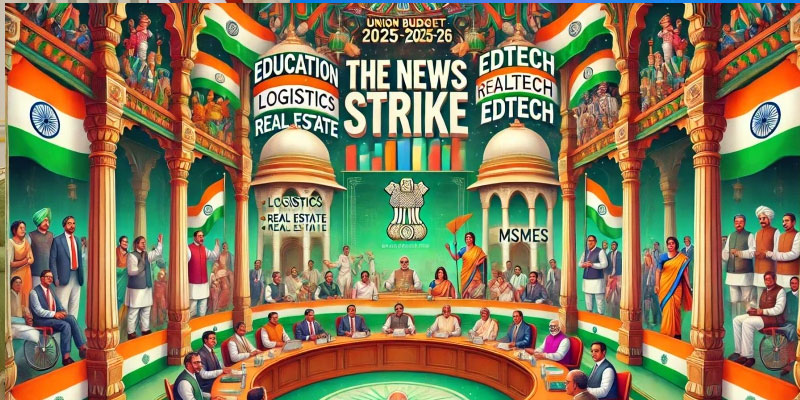Reforming Prestige Amidst Concerns of Transparency
The designation of “Senior Advocate” is among the highest honors conferred on members of the Indian Bar, recognizing distinguished legal acumen and contributions to the law. However, the process of selecting senior advocates—guided by previous Supreme Court rulings in 2017 and 2023—has faced criticism for lacking uniformity, transparency, and fairness. Concerns escalated recently during a hearing involving a senior advocate’s conduct, prompting the apex court to reconsider the selection mechanism. In response, the Supreme Court has now issued a revised set of guidelines aimed at making the process more democratic, inclusive, and immune to arbitrary influence.
A New Framework: Moving Beyond the Points-Based System
On Tuesday, a three-judge bench comprising Justices A.S. Oka, Ujjal Bhuyan, and S.V.N. Bhatti directed the discontinuation of the earlier points-based system used for senior advocate designations. This metric-driven approach, though designed to objectify assessment, had been criticized for being overly rigid and failing to capture the nuanced capabilities of legal professionals.
Instead, the Court has now emphasized a consensus-based or democratic voting model. Applications from eligible candidates, after initial scrutiny by a permanent secretariat, will be forwarded to the full court of the respective High Court or the Supreme Court. The final decision will ideally be taken through consensus, and in its absence, through a voting process. The bench also gave High Courts the discretion to use secret ballots if necessary.
Key Directions: Transparency, Democracy, and Uniformity
The judgment lays out several key directives:
- Amendment of Rules: All High Courts must align their existing designation rules with the new guidelines within four months.
- Eligibility Criteria Unchanged: The benchmark of a minimum 10 years of legal practice to qualify for consideration remains intact.
- Applications and Consent: Advocates may continue to apply for designation, and their application will be treated as their consent. However, the full court also retains the authority to confer the honor suo motu—without any application.
- No Individual Recommendations: Importantly, no individual judge will be allowed to recommend a candidate. This aims to prevent perceptions of favoritism or undue influence.
This shift in process seeks to reinforce the integrity of the designation and insulate it from subjective bias or political maneuvering, while ensuring wider judicial accountability.
Addressing the Trigger: Misconduct as a Catalyst for Reform
The immediate impetus for these reforms stems from the apex court’s displeasure over a senior advocate’s conduct in a recent case concerning remission. The Court expressed concern that its prior guidelines had not sufficiently safeguarded the designation process, necessitating a more robust and transparent mechanism.
By moving away from numerical scoring, the Court has acknowledged the need to assess a lawyer’s overall stature and contribution in a more holistic, qualitative manner.
A Step Toward Restoring Credibility and Fairness
The Supreme Court’s revised guidelines represent a significant evolution in how legal excellence is recognized in India. By prioritizing collective decision-making over mechanical scoring, the judiciary seeks to restore credibility, fairness, and institutional respect in conferring one of the Bar’s highest honors. As High Courts begin implementing these changes, the legal community will be closely watching whether this new approach truly results in a more just and meritocratic system.
(With agency inputs)





